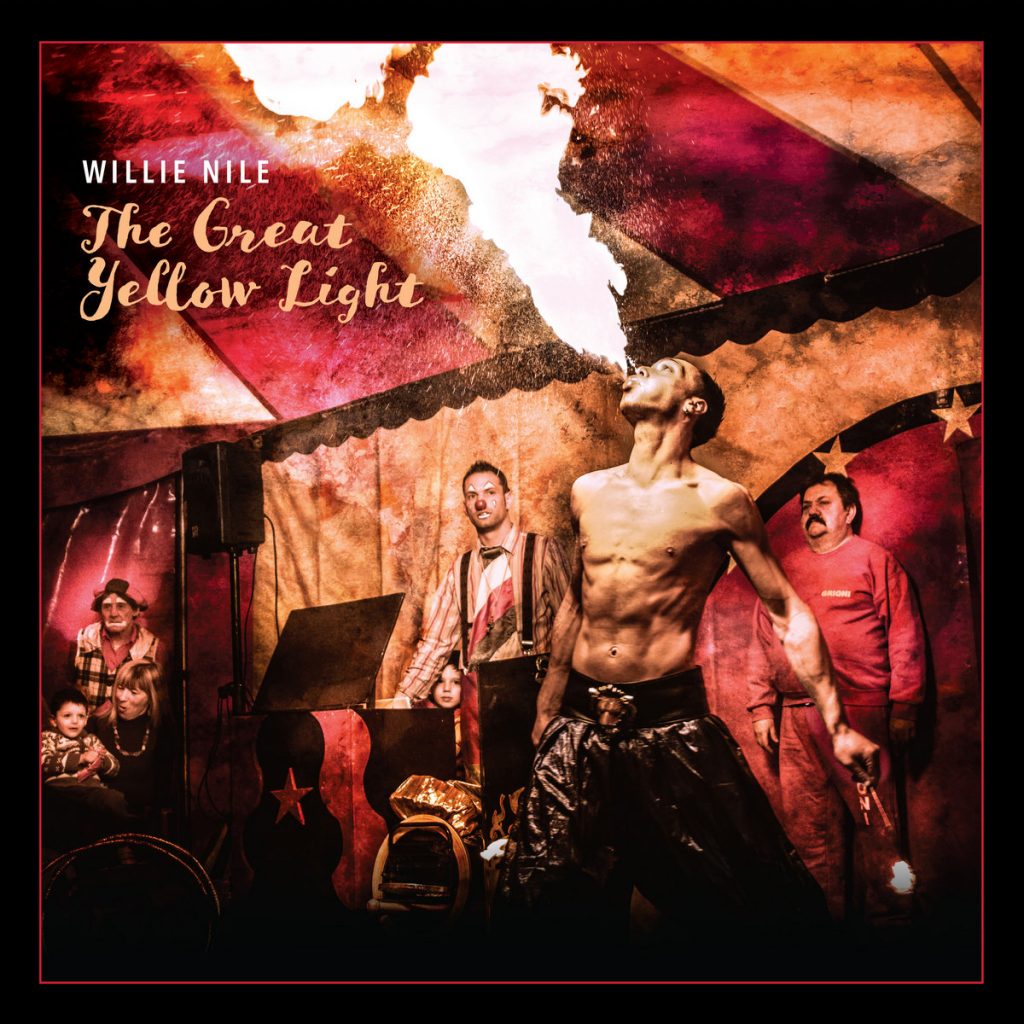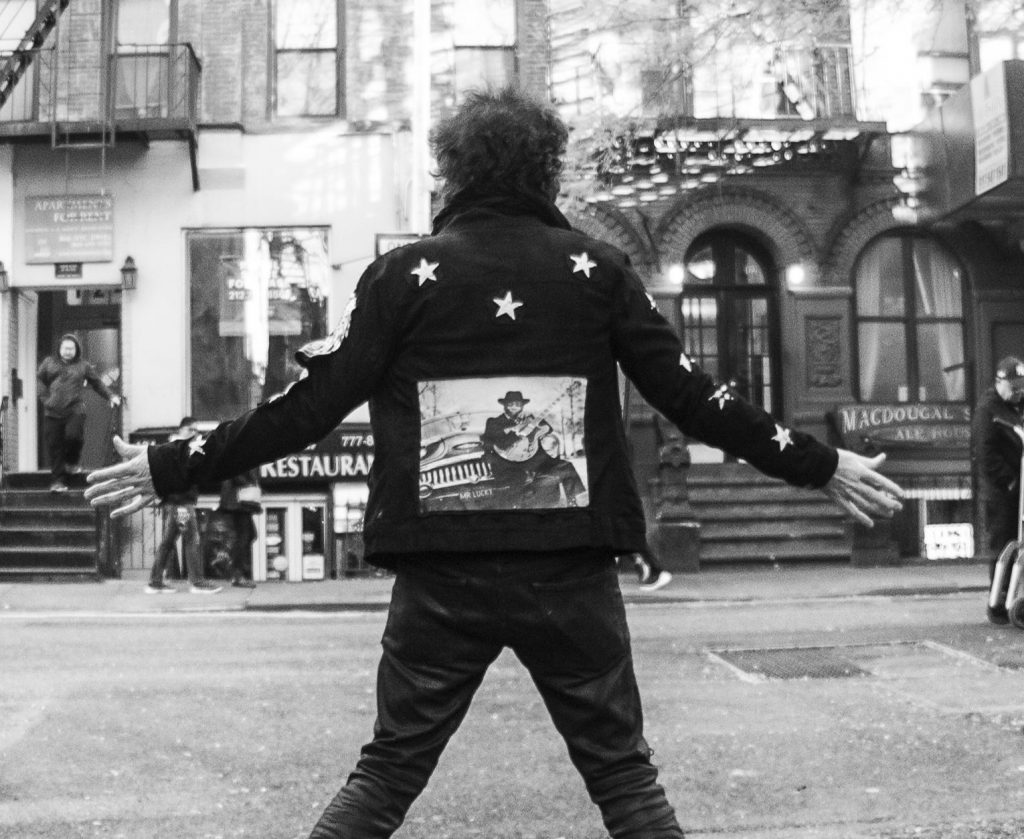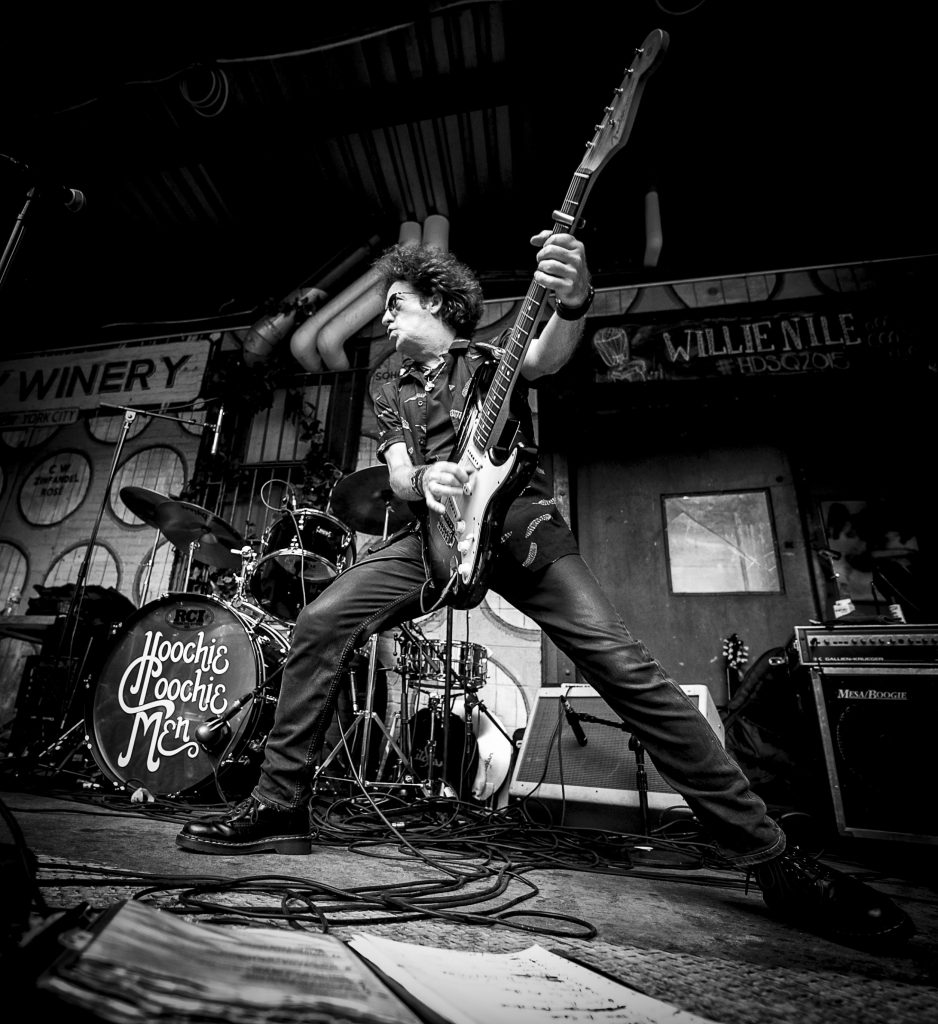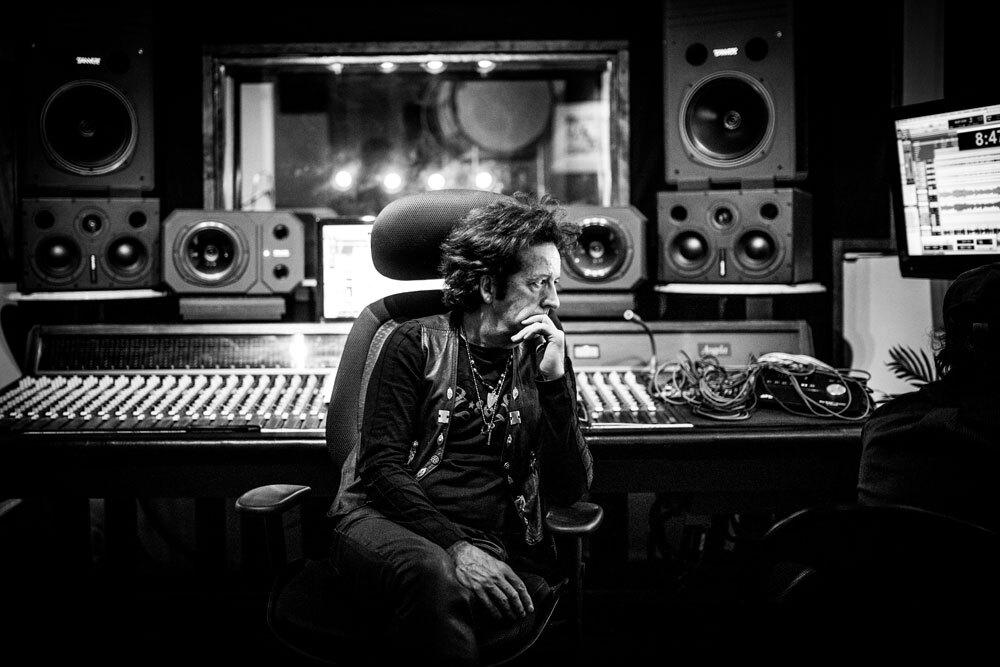Sometimes I just know an artist is going to blow up and be huge. And sometimes I’m wrong. I saw Bruce Springsteen in a small college theater in the early ’70s. Columbia Records public relations office was pushing him hard, and he exploded onto the charts as everyone in the business knew he would.
Willie Nile had the same promise. In 1972 he was opening at Kenny’s Castaways for John “I.Q.” McIndoe, the singer and actor who played the lead role of I.Q. in the children’s TV show The Bugaloos. Willie picks up the story: “Robert Palmer of The New York Times came to see the headliner John MacIndoe, a buddy, (but) I got the absolute rave. You couldn’t make it up. Robert Palmer wrote a great piece. He compared me to Buddy Holly and Bob Dylan. It was an incredible writeup,
“Two nights later I was playing six nights a week. The place was packed. You couldn’t get in. People looked at me completely differently. I was some hotshot, but the main thing was it didn’t throw me off my balcony. I had two kids to feed and a wife. There were eight record company people in the club that night. I signed with Clive Davis at Arista. Industry people came to see the next big thing. I took it as nonsense.”
You see, Willie wasn’t looking to be the next Bruce Springsteen. Only a fraction of the people who know and love Bruce even recognize Willie Nile. “I’m not looking to be an American idol,” he told me in another interview seven years ago. “That was never my goal. It was to make a living and to write and sing and make music that was meaningful to me, and if it means something to me, maybe it could be meaningful to somebody else.”
Willie has a new album, The Great Yellow Light, his 21st. Will it sell as many as Bruce? No. Is it as good as anything Bruce ever released? I think so.
If there was any justice in this world, I’d be opening up for him instead of him for me.
says Lucinda Williams
Little Steven gushes, “Willie’s so good I can’t believe he’s not from New Jersey!”

I recently asked Willie what the single most important thing is that he’s learned in the 45 years he’s been recording and touring. “Believe in your dreams,” he says, “and follow your instincts.”
But he knew that from the get-go, didn’t he? “Yeah, and that’s still my focus. If you come up to me, and you’re a 17 -year-old kid, and you’re writing songs and playing guitar, I say to you, “Follow your instincts. Trust your gut. Follow all your dreams because you never know where they will take you.”
Did he fail to follow his own advice, and did he pay for it? “Well, I definitely paid for it. How hard the road was and paying bills. A lot of struggle, a lot of ups and downs. So, I got to pay a price for following my dreams, but at this point I’d say there’s no question that I’d do it over again.”
Defining fame is a relative thing. After all, Willie has toured across the U.S. with The Who and has sung with Bruce Springsteen and The E Street Band. “I’ve been very lucky. You think about going into the music business and try to make a living. It’s a very narrow game, and I’ve been more than fortunate with the things I do and the things I’ve seen.

“I make a living at it. I go to Europe three times a year to tour. My voice is a little bit hoarse since I played shows Friday and Saturday night. I’m still able to tour and have a blast, too, so I mean fame is not something I was ever looking for. I try to make a living doing it and enjoying it. I walked away for two years in ’82 after two records from the business because at the time I told my wife the business was killing my lungs.
“This record is a feel-good record. These are divided times. It’s a hard time in America right now, and this record is called The Great Yellow Light in the darkness. It’s hard. It’s hard for everybody, you know. You grew up with music. It obviously means something to you. It does to me, too. I’m still a fan.”
I’ve followed Willie’s career for decades. He gets ever better with age. “Oh, yes. Absolutely. No question about it. My father is 107 ½, still lives at home, does crossword puzzles three or four hours a day. He has happy hour every day. He’s still with it. His legs are gone. He has a walker, but he’s not in a wheelchair. He’s a great guy. He’s funny. He’s the 43rd oldest man in the Unites States. So, God bless him. I would absolutely say that aging can’t hurt you. A lot of times people are sour grapes or bitter but, in my case and in your case, we’ve pursued something we care about.
“I’ve been very lucky. You think about going into the music business and try to make a living. It’s a very narrow game, and I’ve been more than fortunate with the things I do and the things I’ve seen. I’m on the road six months a year. I’m here, there, and everywhere. I’m able to manage it, and I enjoy it now more than ever, which is crazy.”

Willie recalls a date opening for Ringo Starr. “He sees me, and he comes walking over and he gives me a big hug, shakes my hand. “You did a great job.” He’s got a show going on. I’m just some pipsqueak. He says, “Hey, you want to kill it? You want to join me?” I said, “Hey, love to,” and I did. I walked out there and there’s Rick Danko. I’m singing with all these great artists. ‘I Get By with a Little Help from my Friends.’ Can you imagine?”


